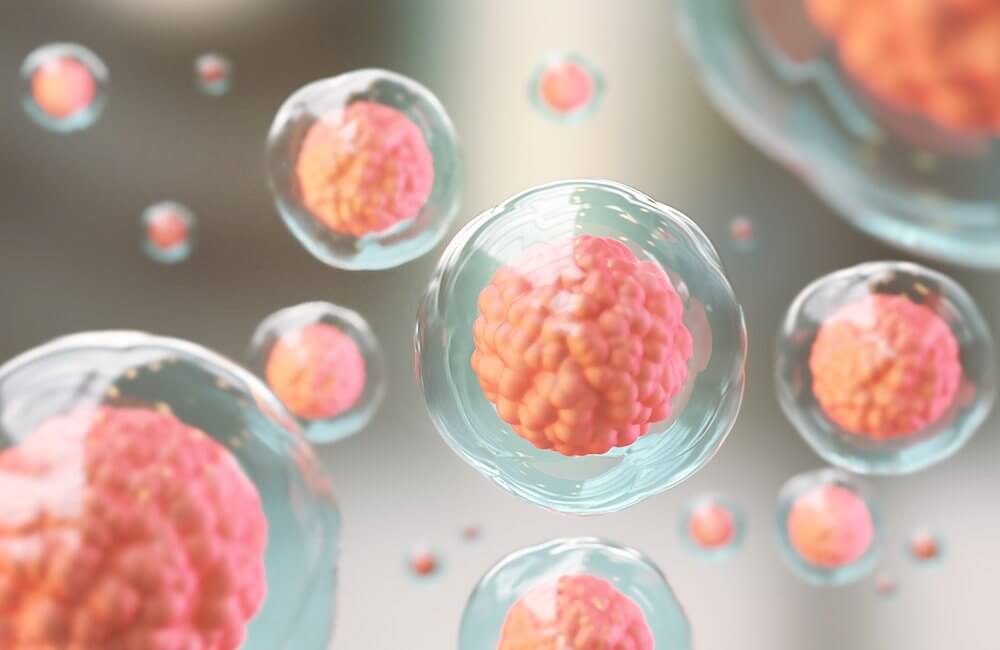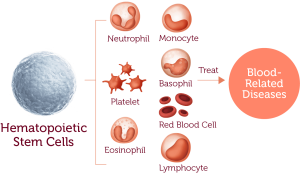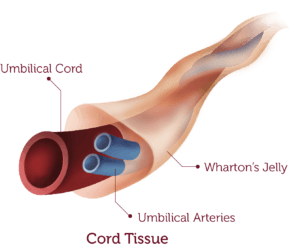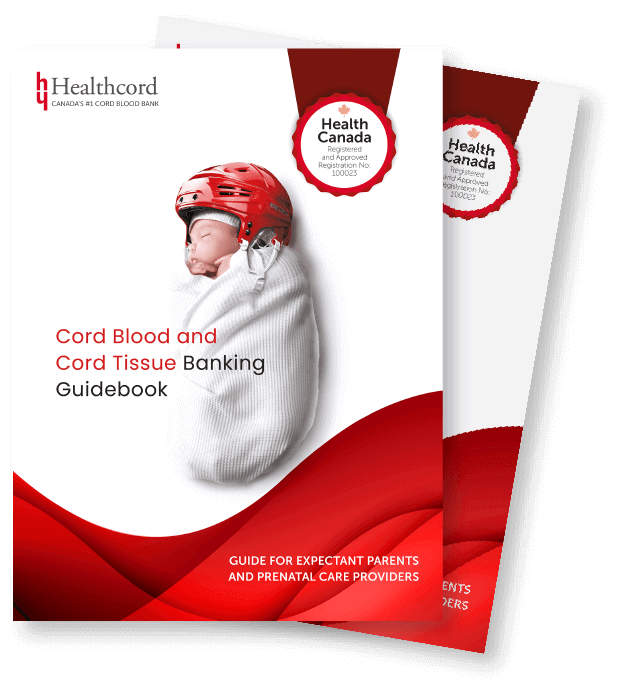
Stem cell buzzwords explained

Adult stem cells, newborn stem cells, pluripotent and totipotent are just some of the many buzzwords you will encounter when you start looking into cord blood banking. But, no need to worry. We’ve created a cheat sheet with some of the most common buzzwords to help you navigate your research.
 Stem Cell Types
Stem Cell Types
Several different types of stem cells are used in research, including newborn stem cells, embryonic stem cells and adult stem cells.
Newborn stem cells
Newborn stem cells, also known as umbilical cord stem cells, are found in the umbilical cord. They are only present at birth. When you choose to bank cord blood, these stem cells are collected, purified, and cryogenically preserved.
There are two different types of newborn stem cells: cord blood stem cells and cord tissue stem cells.
Cord blood stem cells are known as hematopoietic stem cells. They can produce all the different types of blood cells found in our bodies.
Cord tissue has a different kind of stem cells called mesenchymal stem cells. They can generate a variety of other cell types, like muscles, nerves, and cartilage. You can learn more about newborn stem cells by visiting the cord blood banking and cord tissue banking pages.
Embryonic stem cells
Embryonic stem cells come from embryos that are donated by mothers for research purposes. These embryos are usually generated in a fertility clinic as part of IVF treatment (in vitro fertilization) but are not implanted into the mother.
Embryonic stem cells can produce all the different cell types found in our bodies. However, their use for research purposes remains quite a controversial topic.
Adult stem cells
Adult stem cells, as the name implies, are found in adults. These cells also have to potential to divide and self-renew indefinitely, just like embryonic or newborn stem cells. But, they are limited by the kind of cell types they can produce.
Researchers have found adult stem cells in many organs and tissue, like the bone marrow, muscle, skin, teeth, heart, and liver. These stem cells are only able to produce the types of tissue they were initially discovered from. For example, stem cells from bone marrow go on to produce blood cells.
Because harvesting adult stem cells doesn’t involve destroying embryos, adult stem cell research and therapy are not as controversial as using embryonic stem cells.
Stem cell potency
Stem cell potency or simply cell potency, describes a cell’s ability to change into other cell types. Stem cells with higher potency can generate more cell types than a stem cell with lower potency. Stem cell potency can range from totipotent to multipoint, depending on their type.
Totipotent
Totipotent translates to whole. A totipotent cell can essentially produce a whole organism. In this case, a totipotent stem cell can produce any cell type found in our bodies.
Embryonic stem cells taken from the early stages of a fertilized embryo are totipotent.
Pluripotent
Pluripotent cells have medium potential because they can differentiate into many different cell types (but not all cell types). Embryonic stem cells taken from later stages of the embryo are pluripotent.
Multipotent
Newborn stem cells and adult stem cells fall into the multipotent category. They can’t give rise to all types of cells in the body, but they can produce several different types of cells found in the body.
 Why should you preserve your baby’s stem cells?
Why should you preserve your baby’s stem cells?
Newborn stem cells are found in your baby’s umbilical cord, which used to be traditionally discarded. But now we know it’s a source of valuable stem cells.
Collecting newborn stem cells is non-invasive, safe, and painless. It doesn’t affect your birth plan, the baby, or the time you spend bonding with your baby.
Preserving newborn stem cells is a once in a lifetime opportunity. Because these stem cells are only available at birth, however, once preserved could last the lifetime of your baby.
Related Posts

Novel Cord Blood Stem Cell Treatment Leads to HIV Remission


Stem Cell Transplantation Shows Potential in Stroke Recovery









